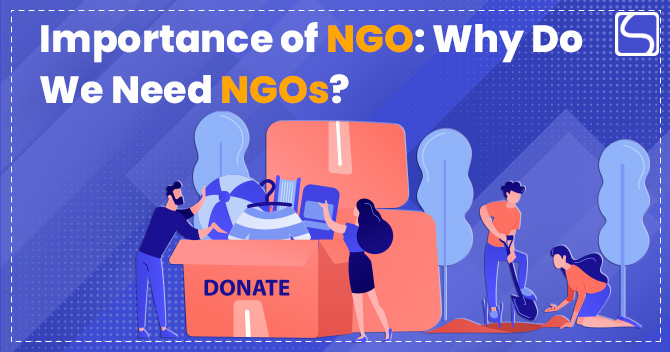
Non-governmental organisations have played a crucial role in assisting the government in the development of society. NGOs often are the ones who put in their resources, time and effort for...
MORE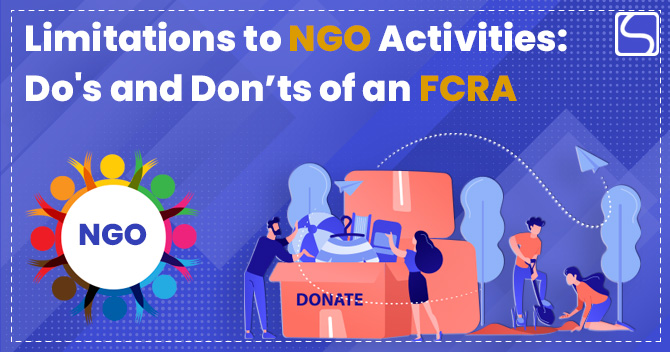
A non-Governmental Organisation is an organisation that is created to conduct charitable and welfare activities. An NGO aims to work for welfare of the society. NGO Activities help to tackle...
MORE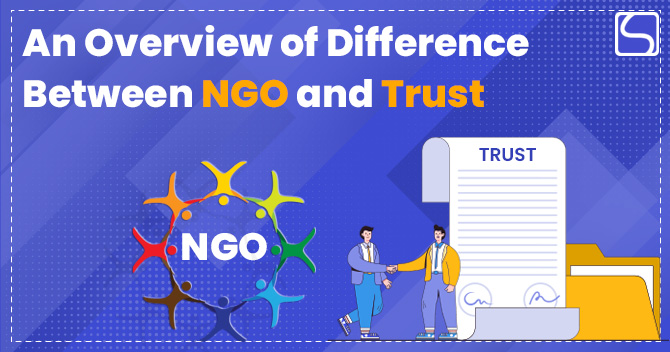
In India, NGOs can be of three types: i) Not-for-profit organisations registered as a section 8 company (NGO). ii) Societies & iii) Trusts. In this blog, we shall be discussing...
MORE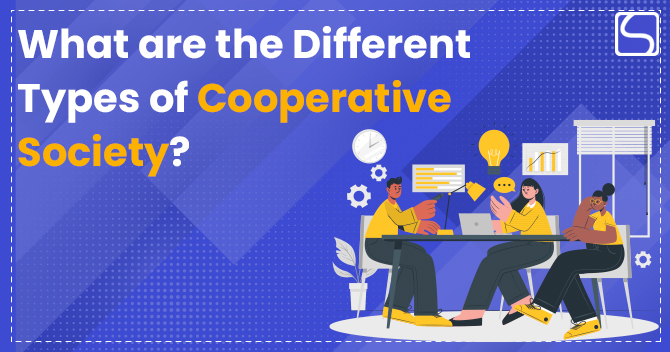
A cooperative society is a group in which the people volunteer to work together in furtherance of common economic interest. Cooperative Societies work on the principles of self-help and Mutual...
MORE
Before we discuss the compliances under Societies Registration Act, 1860 let us first discuss Society Registration. In India, due to the increased expense level, a single person cannot take responsibility...
MORE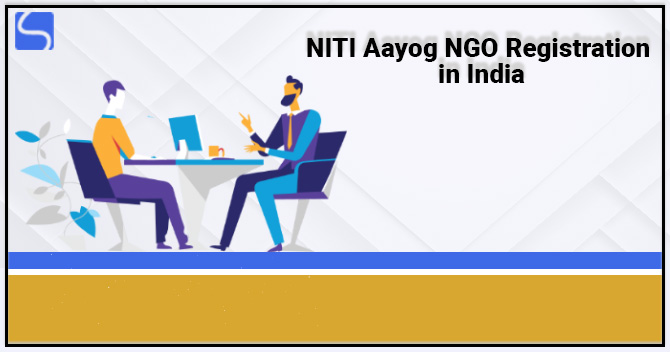
The Government of India has introduced the NITI Aayog to create and promote a strong partnership between Non- Government Organizations (NGOs)/Voluntary Organizations (VOs) and the Indian Government. NITI Aayog has...
MORE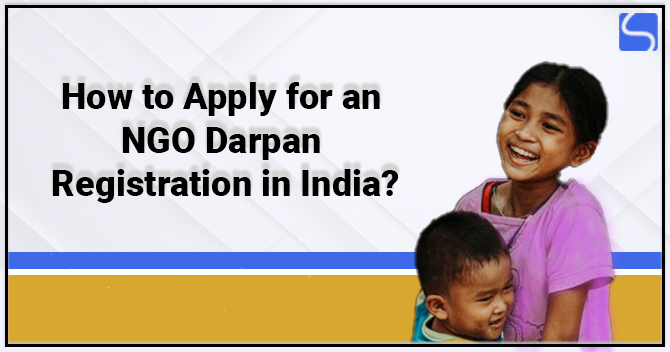
The NGO-Darpan is a distinctive platform that serves as an interface for NGOs and vital Government Departments. The NGO Darpan is creativity started by the NITI Aayog and the National...
MORE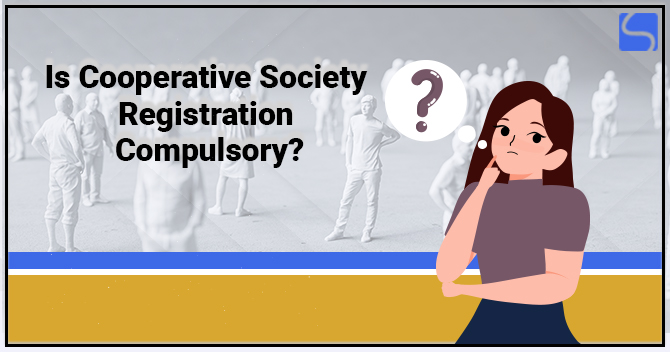
Yes, Cooperative Society Registration is compulsory in India under the Cooperative Societies Act, 1912. A Cooperative Society is not a new idea. It conquers in all the other countries, and...
MORE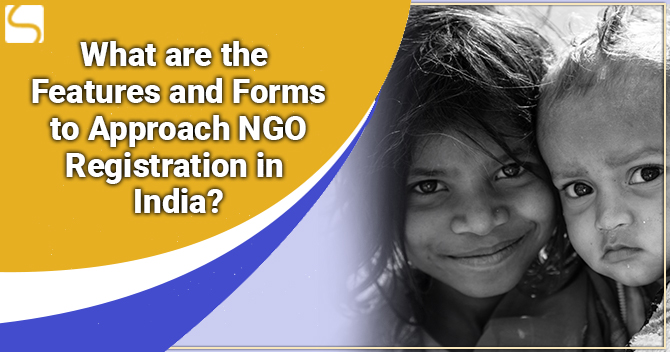
NGO or Non-Governmental Organisation denotes an independent entity, which works with an aim to promote social welfare. That means one of the main features of NGO Registration in India is...
MORE
The Society Registration Act, 1860 was introduced to lay down rules and regulations regarding the registration procedure of societies and its operation in India. According to the Society Registration Act...
MORE